#Germany
Daimler Investors Seeking 900 Million in Diesel Damages
Over 200 investors are seeking 900 million euros in damages over claims that Mercedes-Benz parent Daimler failed to disclose the use of emissions cheating devices similar to those that got Volkswagen into trouble back in 2015. This isn’t the first time the issue has come up. German prosecutors claimed nearly 690,000 Mercedes-Benz vehicles came equipped with rigged exhaust gas after-treatment systems and Daimler was slammed with a €870 million ($960 million) fine over the negligent violation of European clean air standards in the fall.
Those who invested into the firm are hoping to recoup losses from the scandal after the automaker’s share price shat the bed. Lawyers repressing the investors are seeking compensation after Daimler’s stock fell from €90 a share fall to approximately €60 in 2018, once German regulators began formally accusing the automaker of trying to circumvent emission rules.
Rare Rides: A 1974 NSU Ro 80, in Convertible Form
Today’s Rare Ride was a relative revolution at the time of its introduction. With smooth, aerodynamic styling and a rotary engine, NSU’s Ro 80 made big promises. Years later, one man decided he’d create the convertible that was missing from the Ro 80 lineup. Let’s check out this one-of-two NSU.
Rare Rides: A Forgotten German Coupe by Wiesmann - the 2010 GT MF 4
Your author first heard about Wiesmann on Top Gear in the early 2000s, while watching Jeremy Clarkson drive what appeared to be a very well-constructed roadster around a track. After that particular episode I never heard of Wiesmann again, and promptly forgot the company existed.
Turns out they made more than a singular roadster. Today we learn about the Wiesmann brand — and this particular 2010 GT MF 4 coupe.
Electric Vehicle 'ICEing' Spreads to Germany
You’re likely familiar with the concept of “ICEing,” even if the term itself leaves you scratching that little dry spot on the top of your head. It’s when a vehicle with an internal combustion engine (ICE) is intentionally parked at an EV charging space it cannot use in order to make a statement.
Presumably, that statement is little more than “I don’t like electric cars,” though there may be a more complicated dogma afoot — perhaps involving the role EVs play within society and the issue of the environment. We don’t really know, since there’s not a designated ICEing spokesperson to ask.
However, there’s no real need of an official mouthpiece to tell us that the movement has maintained its momentum.
Rare Rides: The Very Rare 1981 Porsche 924 Carrera GTR
TTAC’s own Sajeev Mehta gets the credit for discovering today’s Rare Ride. It’s the most special version of the Porsche 924, and it’s for sale in his hometown in the tiny republic of Texas.
Rare Rides featured one of Porsche’s 924s a couple of years ago, with the Martini Championship Edition (a steal at $7,000). This 924 is much more obscure — and much more expensive. Is this one-of-17 car worth the cool $925,000 asking price?
Keeping Tabs: Germany Promises One Million EV Charge Points by 2030
German Chancellor Angela Merkel announced Sunday that her country will soon have one million charging stations ready for electric cars. Her words came ahead of numerous meetings with German automotive manufacturers on how best to spur EV adoption in Europe.
Pivoting to zero-emission vehicles has many worried about job losses. The United Auto Workers issued a nearly 40-page report on the implications of electric vehicles and how to address them during its negotiations with General Motors — after the automaker said the battery plant it was eyeballing in Ohio would require hourly employees to take pay cuts. The Center for Automotive Research has also indicated that EVs simply don’t take as many man hours to manufacture. It’s even mentioned in the Trump administration’s fuel economy rollback proposal — an effort bent on furnishing cheap automobiles and American jobs.
Germany is worried too, with groups echoing similar employment concerns. To mitigate those fears, while encouraging electrification and maintaining jobs, the nation wants to take its 20,000 charging stations to 1 million.
QOTD: Terrible Nineties Sports Car Design From Europe?
On last Wednesday’s Question of the Day post, we began our examination of terrible styling on sporty cars of the 1990s. First up was America, and the oft-fiddled Mercury Cougar. This week we turn our attention to Europe, and sporty designs from across the ocean that didn’t quite work.
Rare Rides: A 1967 Glas 2600 V8 (and Future BMW Coupe)
Today’s Rare Ride is a German V8 luxury coupe that was designed in Italy and hails from a brand unknown to many. It’s a Glas 2600 V8 from 1967.
Rare Rides: The Original Audi 5000 From 1980
Before Audi revolutionized rallying and four-wheel drive cars with the Ur-Quattro circa 1980, the company made front-drive vehicles underpinned by Volkswagen platforms (some things never change). Today’s Rare Ride 5000 hails from the waning days of Audi’s front-drive era, not long before an all-new 5000 set the template for aerodynamic sedan design.
Damages From VW? German Diesel Drivers Face Uphill Battle in Court
While Volkswagen Group’s diesel lawsuits are more or less settled in the United States, 470,000 diesel owners in Germany are still fighting to see their payday. Unfortunately, the courts aren’t certain they’re deserving.
The court hasn’t settled on anything, but Monday’s introductory hearing concluded with presiding Judge Michael Neef wondering what customers actually lost by having their vehicles equipped with emissions-cheating software. The court claims its primary goal is to assess whether or not any loss in value can be attributed to vehicle bans that came years after VW’s diesel scandal broke. It’s concerned that drivers’ ability to continue using the automobiles doesn’t warrant awarding owners damages.
“It doesn’t make sense to us that drivers should be granted the right to use cars for free,” Neef said on behalf of the three judges hearing the case, according to Bloomberg. “Otherwise, we would have to grant punitive damages that do not exist under German law.”
Daimler Takes a Billion-dollar Hit for Diesel Violations
There’s a whiff of diesel in the air this morning, as all the news out of Europe seems to stem from compression-ignition trickery by German automakers. Hot on the heels of the indictment of Volkswagen boss Herbert Diess and his company’s chairman, Daimler finds itself on the hook for nearly $1 billion in fines in the same country.
The penalty comes by way of Germany prosecutors who claim some 684,000 Mercedes-Benz vehicles came equipped with rigged exhaust gas after-treatment systems.
Buy/Drive/Burn: The $13,000 Sporty Car Question of 1988
In the recent Shelby CSX Rare Rides entry, long-term commenter 28-Cars-Later suggested some sporty competitors to the Shelby, all of which cost the same according to the state of Michigan. Japan, Germany, and America are well-represented in today’s trio.
Which one sets your sporty-small-car heart aflame in ’88?
Thousands of Mercedes-Benz GLEs Mysteriously Chilling on North German Runway
Daimler has been forced to store thousands of vehicles at a former military airport in northern Germany, the result of supplier issues that are stalling deliveries of the updated GLE-Class. While keeping cars on ice until they can be shipped is totally normal, it’s odd to see them lined up on a runway. It makes it look like they’re all about to take to the sky or engage in the most congested drag race in history.
Assembled in Alabama, these SUVs are being held up by unknown supply chain problems. Mercedes-Benz suggested there may be also be problems stemming from the multi-market launch of the updated GLE and a surge in output from the U.S. factory.
Rare Rides: The 1978 Ford Fiesta, a German Car
Ford has executed an on-then-off strategy with regard to its Fiesta offering in the North American market. Currently in off mode, your local Ford dealer encourages you to look at the sporty and capable first-ever third-world offering EcoSport instead.
But today we’re stepping back in time to 1978 to take a look at the genesis of Fiesta. The Fiestasis, if you will.
The Hits Keep Coming: Daimler Looking at $1 Billion Diesel Fine, Report Claims
Suspected emissions manipulation could net Daimler AG, parent company of Mercedes-Benz, a steep fine, but it seems the automaker already anticipates the expenditure. According to a report out of Germany, the auto giant stands to face a fine potentially topping $1 billion, which is a relative bargain compared to the bill handed to rival Volkswagen Group over its widespread emissions cheating.
It’s bad news Daimler doesn’t need in these turbulent times.




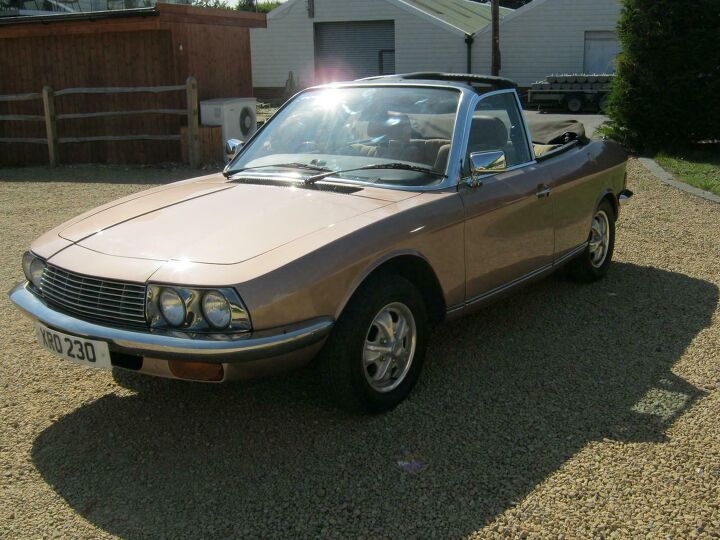
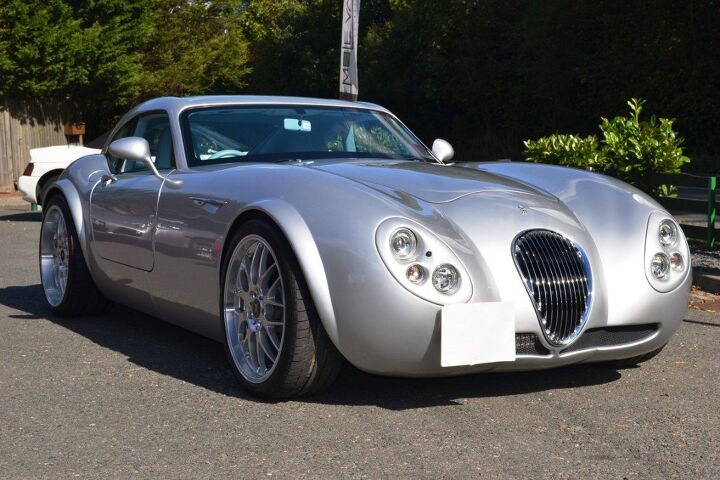
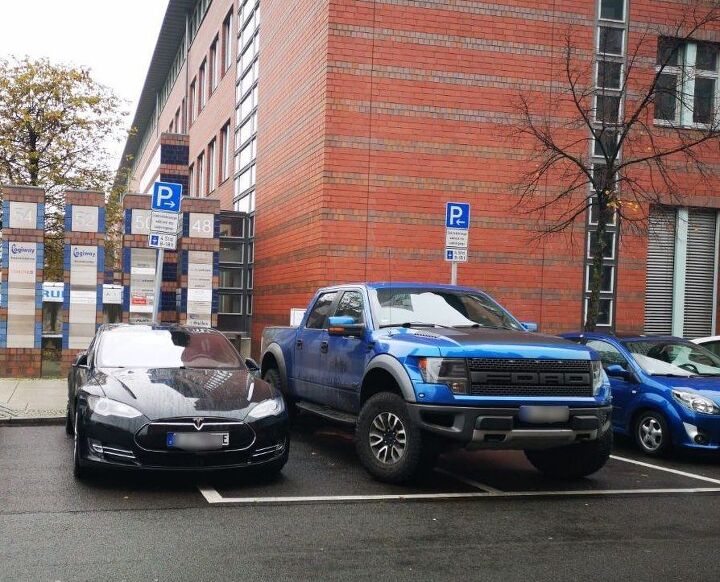
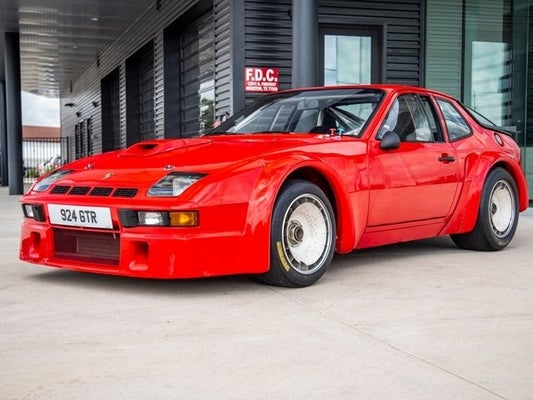

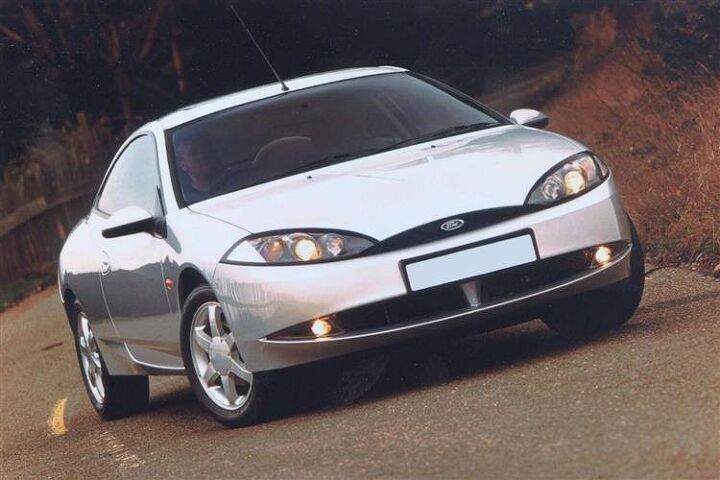

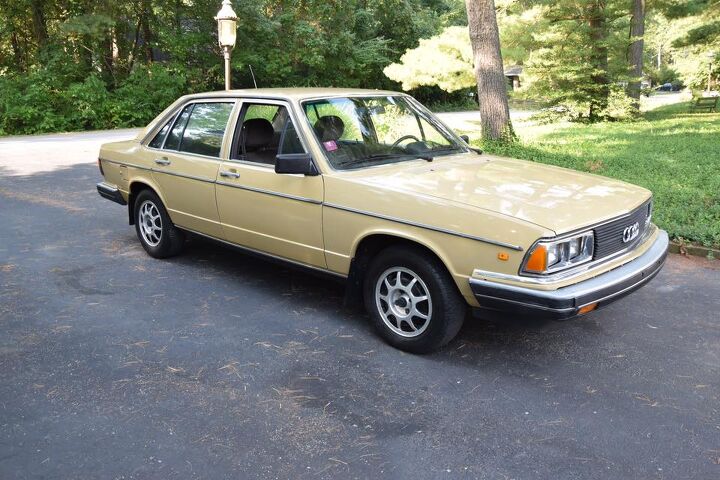



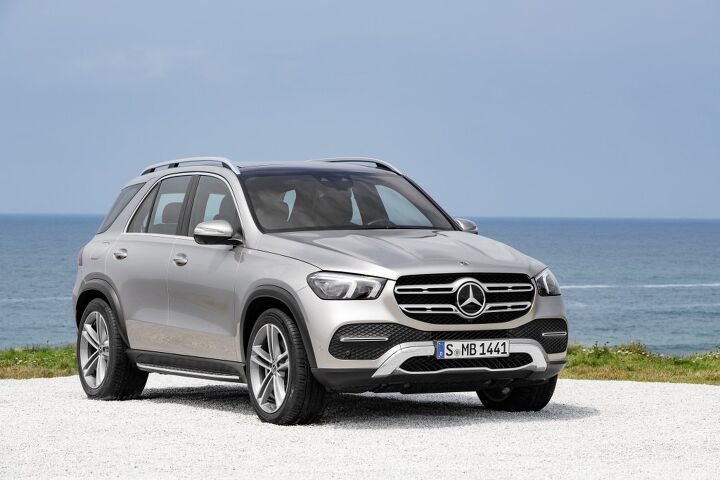
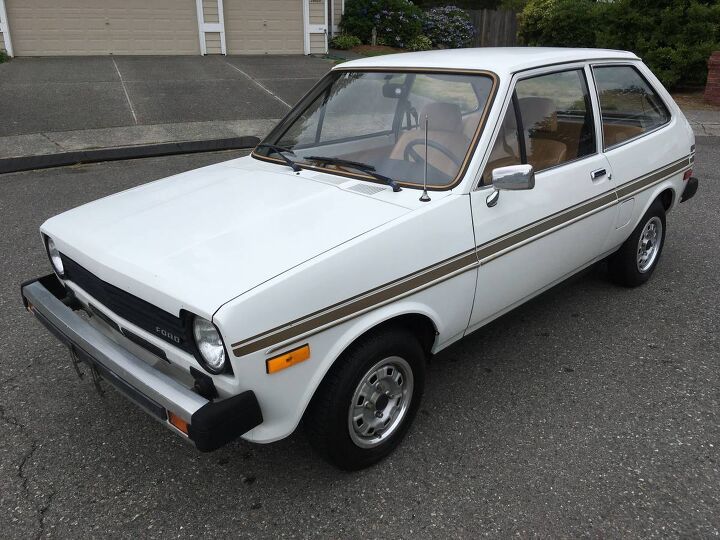













Recent Comments